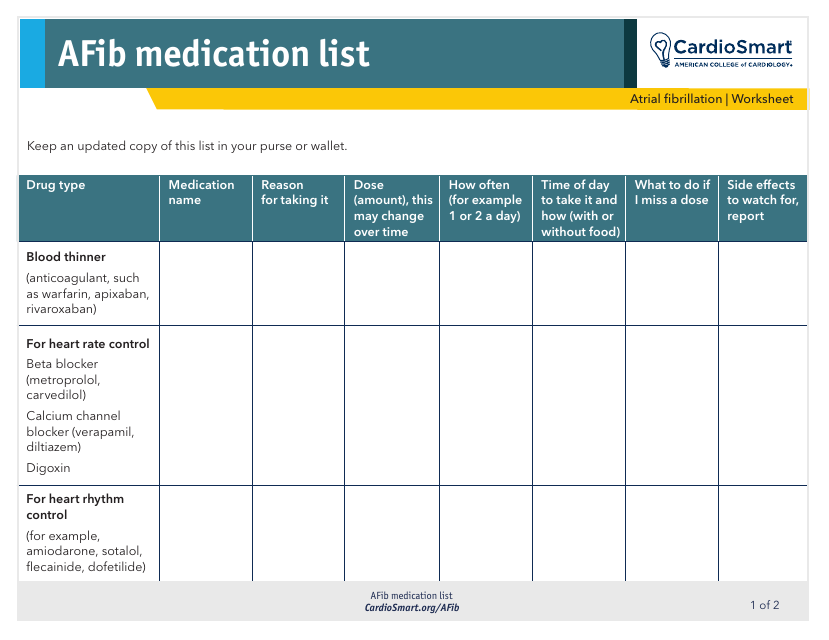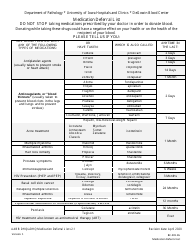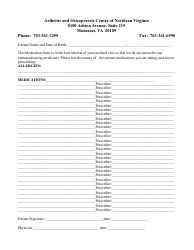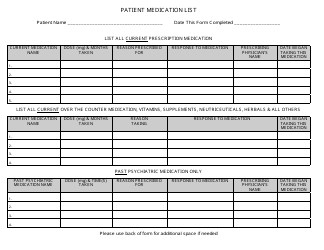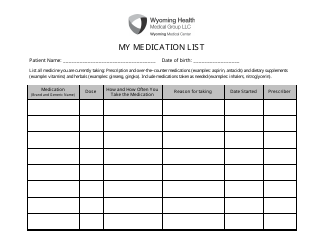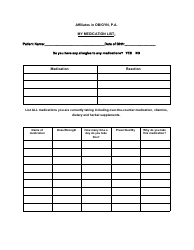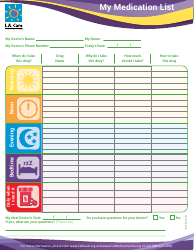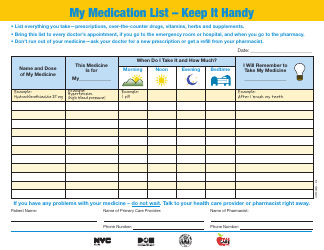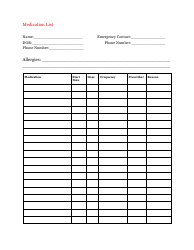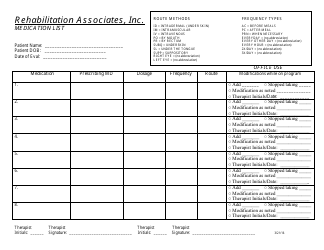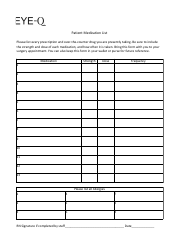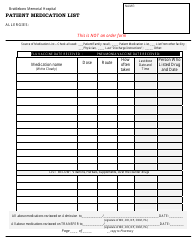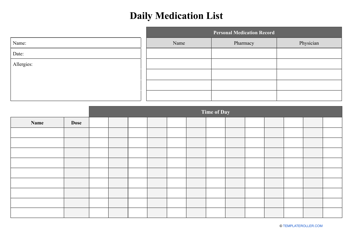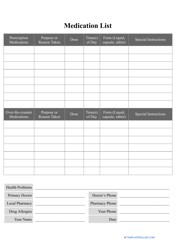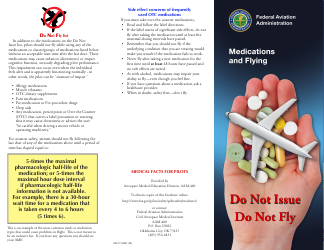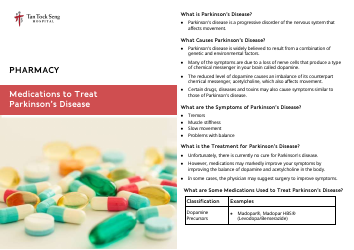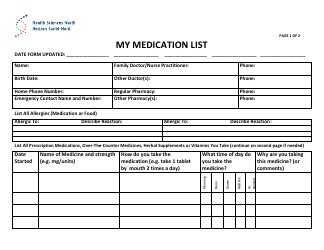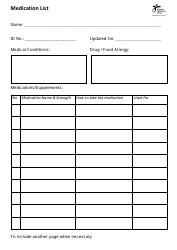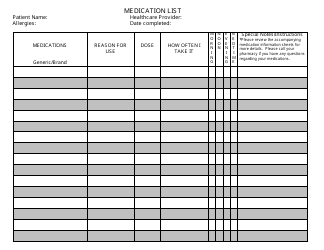Afib Medication List - American College of Cardiology
The Afib Medication List by the American College of Cardiology is a comprehensive list of medications that are commonly used to treat atrial fibrillation (Afib), a heart condition characterized by irregular and often rapid heart rate. These medications help in managing symptoms, minimizing risk of blood clot formation, and normalizing heart rate. It could also include drugs used to prevent stroke, which is a crucial part of managing atrial fibrillation. This list can help healthcare professionals make informed decisions regarding proper medication treatment plans for individuals with this condition.
The Afib Medication List would be filed by healthcare professionals, specifically cardiologists, within the American College of Cardiology. These are the experts who make informed decisions about treatments for conditions such as atrial fibrillation, therefore they would be the ones to compile, update, and file such a list.
FAQ
Q: What is a list of Afib medications recommended by the American College of Cardiology?
A: The American College of Cardiology commonly recommends blood thinners like Warfarin or newer alternatives such as Dabigatran, Rivaroxaban, Apixaban, and Edoxaban for Afib (atrial fibrillation) treatment. For rate control, Beta-blockers, Calcium channel blockers, and Digoxin are used. For rhythm control, medications like Sodium channel blockers and Potassium channel blockers are used.
Q: Why are blood thinners used for Afib?
A: Blood thinners are used for Afib to prevent stroke caused by blood clots. Since the heart isn’t pumping hard enough in people with Afib, blood may pool in the heart, leading to clotting. These clots can then travel to the brain, causing a stroke.
Q: What are examples of Beta-blockers used in Afib treatment?
A: Common Beta-blockers prescribed for Afib treatment include Metoprolol, Propranolol, and Sotalol.
Q: What are the common side effects of Calcium channel blockers?
A: Common side effects of Calcium channel blockers can include dizziness, headache, flushing, or stomach pain. It's important to discuss these possible side effects with your doctor before starting medication.
Q: What are the benefits of newer blood thinners over Warfarin?
A: Newer blood thinners like Dabigatran, Rivaroxaban, Apixaban, and Edoxaban are often preferred over Warfarin because they require less frequent blood tests, have fewer interactions with food and other drugs, and have the same or lower risk of bleeding.
Q: Who is the American College of Cardiology?
A: The American College of Cardiology is a non-profit medical society comprised of cardiovascular specialists from around the world. Their goal is to transform cardiovascular care and improve heart health through quality education and research.
